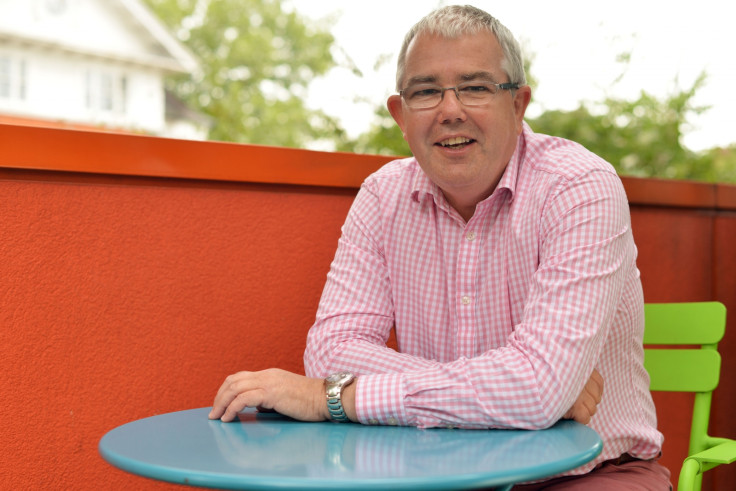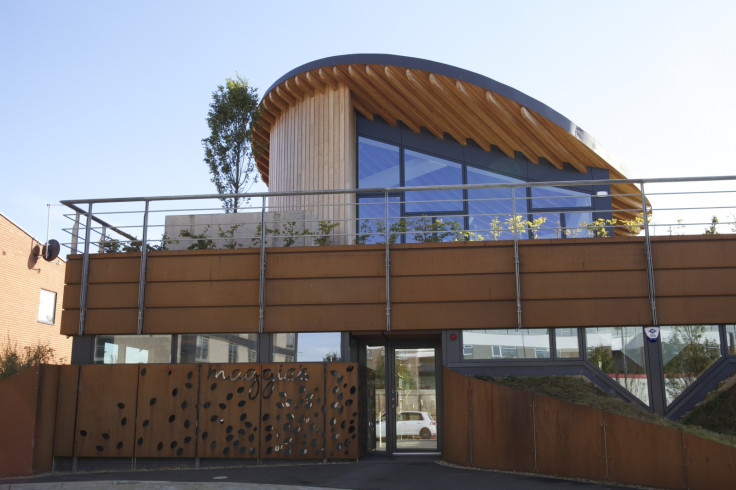Movember Foundation UK: Providers Need to Do More For Men's Health Issues
Removing stigma and mental health support are areas where health services are failing men

The UK head of the Movember Foundation has called on health providers to do more to tackle men's health issues, and design services and facilities with men in mind.
Movember country director UK Sarah Coghlan said the reasons why men had a 14% higher risk of developing cancer than women went beyond statistics, and there is a bigger issue concerning men's health.
"Men are still dying five years younger than women and there's no biological reason that they should," Coghlan said.
"There are issues around masculinity, not wanting to show weakness, seeking help, or even the language around that can be negative for men to deal with."
"There are issues around masculinity, not wanting to show weakness, seeking help, or even the language around that can be negative for men to deal with."
Coghlan believes health providers should follow the lead of charities such as Maggie's Centres, which has homely buildings designed for cancer patients, that provide areas that give men the space to be part of the hub, but also removed if they do not feel like being in the hustle and bustle.
Of the 146,000 visits Maggie's Centres had in 2013, 49,500 were by men. By the end of the third quarter of 2014, nearly 39,000 men had visited its centres: an increase of more than 30% compared to the same period last year.
"We need to take some of this on board when designing services and instead of coming from a blank canvas and hoping that people will turn up, why don't we use the knowledge we have to inform?" Coghlan said.
Cancer patient Mike Ridley-Smith, 56, attends regular men's gathering "for the banter" and a prostate cancer support group at Maggie's Newcastle, which has masculine features including concrete, steel and oak materials, and exercise equipment. He has also found Maggie's free emotional support useful, from visiting experts and in-house specialist staff including a psychologist.
"After my diagnosis and I had my prostate removed, they then came back and said, unfortunately, the cancer had spread," the father of two recalled.
"That pushed me and I had basically a mini-breakdown over Christmas time and Maggie's suggested that I come and have some help."
Coghlan said men's mental health was of great concern to the foundation, with one-in-four men in Britain experiencing a mental health problem every year. The figures for suicide are also disproportionately bad, with 12 men each day killing themselves – three times the rate for female suicides.
"There are issues that are specific to men that are not picked up when you look at the holistic numbers," Coghlan said.
"There is evidence to show that divorced men are a really high-risk group. Men in their 40s are probably the most unhappy group in the UK now, and that help-seeking behaviour again is a big part of this. Services are not designed predominantly with men in mind."

Coghlan said more services and policies should be written around men to have a male focus, and that a big part of the problem concerning men's health was stigma reduction.
One For The Boys founder Sofia Davis agrees masculinity is a big part of the problems in tackling men's health. She set up the non-profit organisation to break down such barriers and perceptions.
"After losing my friend Simon to cancer, I saw that this biggest threat to men was their hesitation to talking about and seeking treatment for cancer," Davis said.
"There was almost an embarrassment around it and the simple tests for early detection were thought to be evasive and emasculating."

The Movember Foundation has supported more than 800 men's health programmes and is funding a research project with Leeds Beckett University analysing how Britain's medical practices are addressing men's health through prevention, early intervention and mental health support.
They will share their findings with policymakers, including the NHS, to help ensure a greater uptake of services by men.
"Our work will then have an impact on diabetes and heart conditions. It doesn't have to be specific to mental health because men's ability to interact with their health, take care of themselves, is probably one of the key reasons that they are dying that much younger than women," Coghlan said.
Four million men worldwide have grown moustaches during November as part of Movember campaigns to raise awareness and money for prostate cancer, testicular cancer and mental health issues.
"We know from research we've done over the years, that the moustache gives people a starting point to have a conversation they might be uncomfortable having otherwise," Coghlan said.
"Now 75% of them are more aware of the health risks they face."
Coghlan said many 'Mo Bros' had learned of their family history and that alone could set men on a better path to understanding and owning their health.
"I'm not suggesting everybody lands on the NHS. This is about taking responsibility for your health, understanding the risks you face, seeking help of the right kind and not being ashamed or embarrassed or scared of doing that."
© Copyright IBTimes 2025. All rights reserved.





















